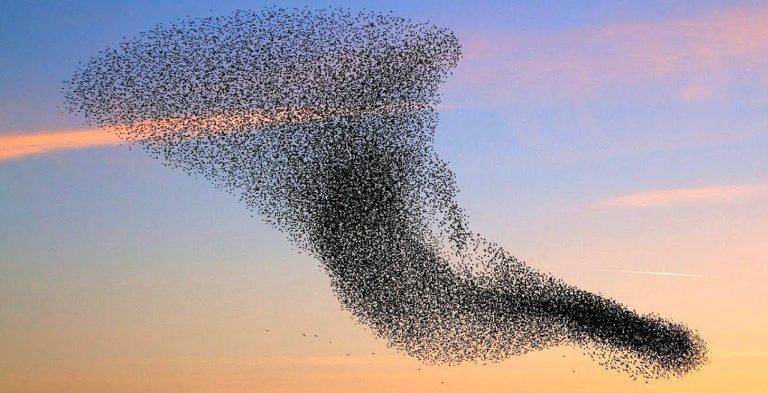When we lie on the floor, with appropriate explanation and understanding, and through accepting the subjective part of ourselves, we can gain a sense of how much we can lean on our past—because everything happening in the present rests on the past. No matter how we look at it, everything occurring in this moment is the result of what happened before. This flow never ends. However, the past has one inconvenient (or sometimes pleasant) feature: if we don’t change it, it keeps repeating.
If our past is something we don’t want to repeat, we try to change it. The problem is that if we want to change the past, we can only do so in the present—by adding new information to it. Thanks to the neocortex, our conscious or rational mind has the ability to recall a specific memory from the past, bring it into the present, and add new data, insights, and understanding, which changes how we comprehend that memory.
You might have wondered, what is the point of archaeological excavations? Why do archaeologists dig up fossils? For example, until recently, it was widely believed that humans began walking upright about 1.5 million years ago. But now, in New Mexico, they’ve found footprints of a woman and child walking upright—estimated to be five million years old. This new finding challenges the entire existing understanding of human history, which now needs to be revised. Similarly, if we read history textbooks from a hundred years ago, we’d see that the understanding of human history was very different from today’s. The same applies to each of us.
When we receive new information in the present—something we didn’t know before, something we were too young to understand, or something we were never told—we can now insert that information into old memories and form a new understanding of our past.
Let’s look at an example. A child who depends on their parents needs at least one parent they can lean on. As a result, the child usually assigns all the blame for both parents’ failures onto one parent. They make one parent “black” (bad) and the other “white” (good). During AEQ exercises, someone might become aware of a memory from their body, related to their mother or father, and realize that the mother wasn’t a saint or a victim as previously believed. Perhaps she manipulated the children and turned them against their father. If the father, lacking guidance and support, didn’t know how to respond strategically, the children would reject him. Years or decades later, those children might realize that their father (or mother, depending on the case) wasn’t as bad as they once thought. Such realizations can lead to changes in present behavior. The reverse scenario is also possible, though less common.
Here’s a cinematic example: in the first Top Gun film, Maverick was told that his father was a coward who fled from combat. This belief caused him to lack the confidence to be trusted. He even refused to attend his graduation ceremony because he was second, not first. But later, when his instructor told him the truth—that his father had actually saved four pilots before dying—his perception of his father changed. While he couldn’t change the past, he could change how he understood it. In the decisive battle that followed, he was able to act like his father, with this new understanding.
Similarly, in AEQ exercises, we might find that we consciously believe our mother was reliable, but we feel unable to lean into the left side of our body. We realize there is an internal conflict. Why doesn’t the body accept our mother (or father) the same way our mind does? Perhaps we feel more grounded on the right side, even though we remember relying more on our mother than on our father. With the right guidance from a higher-level AEQ teacher, such experiences can reveal the influence of falsehoods from our past that continue to shape our present.
Through these bodily experiences, we can revise our own personal history and then pass on a clearer or improved version of it to our children—just like archaeologists who keep searching for what came before and after, even if others see it as pointless. But if we don’t understand history, we can’t know what kind of future awaits us. This leads to tragic, shortsighted decisions. Even in today’s world, we often observe the left hemisphere shaping and distorting “history” to fit immediate needs. Such manipulation leads to destructive decisions and immense suffering.
Excerpt from the textbook for AEQ Level 4 Teachers, by Aleš Ernst and Vesna Cijan.






